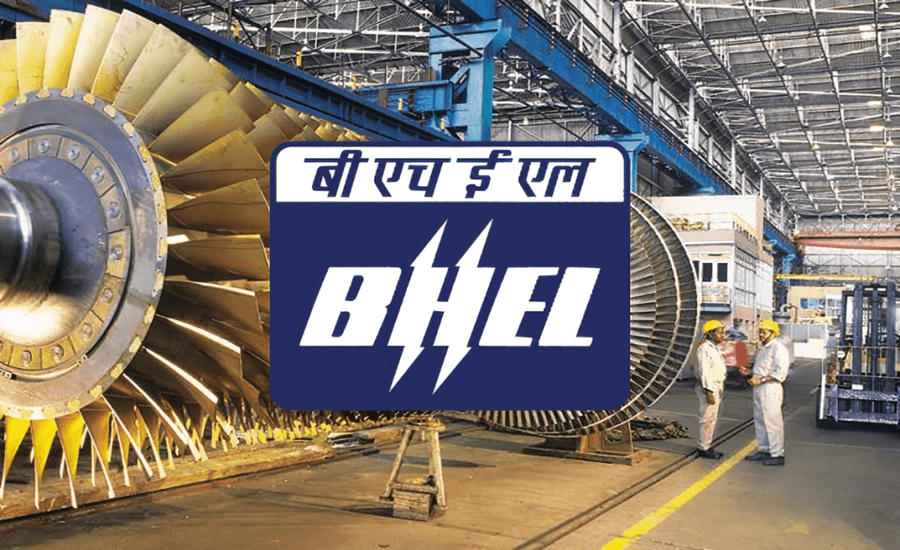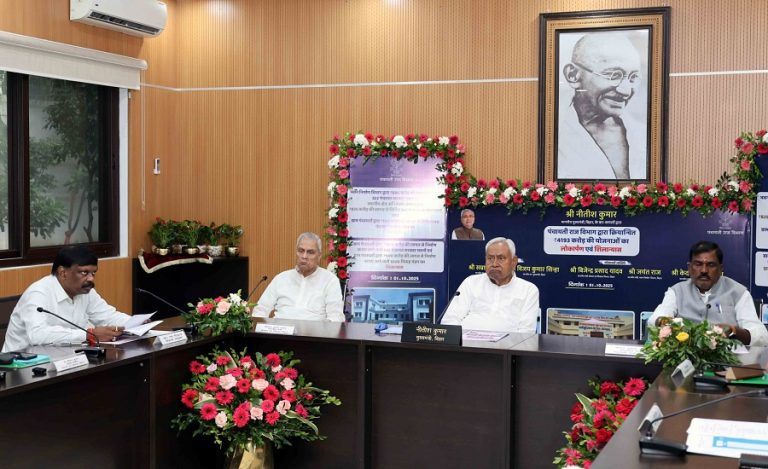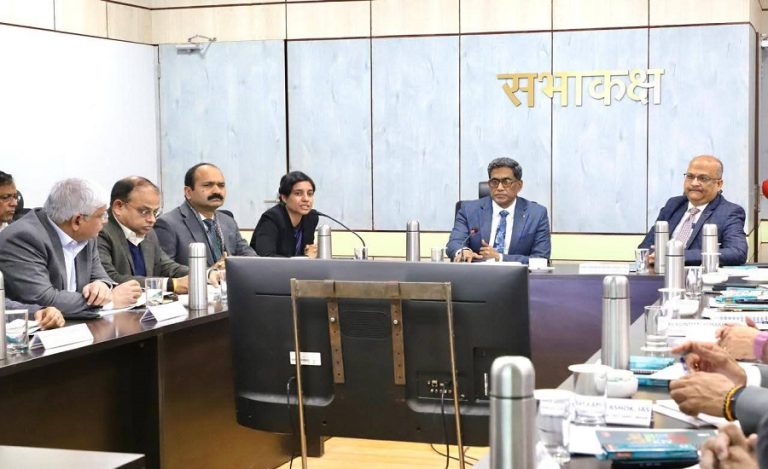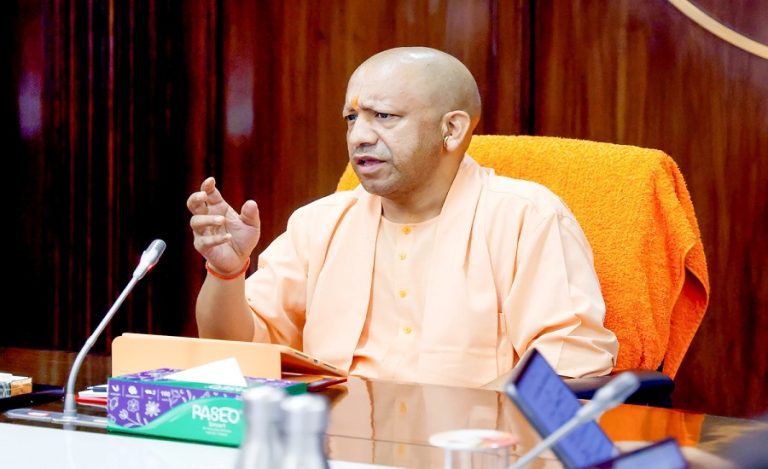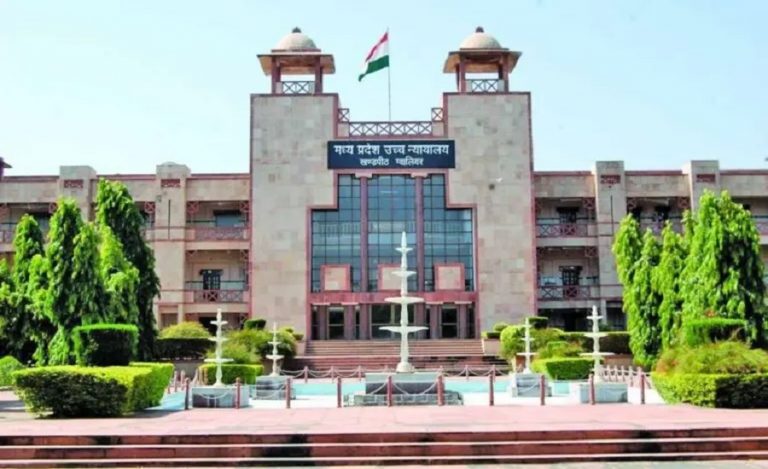New Delhi: In a major step toward fast-tracking electric vehicle (EV) adoption across India, Union Minister for Heavy Industries H.D. Kumaraswamy chaired a high-level inter-ministerial coordination meeting on Tuesday to review and accelerate the rollout of EV charging infrastructure under the ambitious PM E-Drive scheme.
Bharat Heavy Electricals Limited (BHEL) is set to be designated as the nodal agency for both demand aggregation and the development of a unified EV super app that will serve as a national platform for EV users. The app will offer features such as real-time slot booking, charger availability status, integrated payment systems, and national progress dashboards
Read Also: BHEL Honoured for Digital Excellence at Governance Now PSU IT Awards 2025
In addition to managing the digital infrastructure, BHEL will also coordinate with state governments and relevant ministries to review and compile proposals for the deployment of charging stations across the country.
72,000 Public Charging Stations Planned Nationwide
The PM E-Drive scheme, backed by a financial outlay of ₹2,000 crore, aims to install 72,000 public EV charging stations across India. These will be strategically located along 50 national highway corridors, as well as in high-traffic zones like metro cities, toll plazas, railway stations, airports, fuel outlets, and state highways, according to an official release from the Ministry of Heavy Industries.
EV Super App to Boost User Accessibility and System Efficiency
The planned mobile application is expected to streamline user experience and promote efficient utilization of charging infrastructure. By enabling digital bookings and real-time monitoring, the app will also play a crucial role in tracking national deployment metrics under the scheme, ensuring transparency and better planning.
Part of Broader Push: 14,000 Electric Buses Also in the Works
The EV charging infrastructure initiative is part of a larger clean mobility plan led by Prime Minister Narendra Modi. As part of PM E-Drive, the government also plans to deploy 14,028 electric buses across states over two years – from April 2024 to March 2026 – with a total outlay of ₹10,900 crore.
This makes the scheme one of the largest national efforts globally to electrify public transport systems, with the aim of reducing emissions and promoting clean, future-ready urban mobility.
Ministry Emphasizes Timely Rollout and Collaboration
Reaffirming the government’s commitment, the Ministry of Heavy Industries stated that timely execution, operational readiness, and effective collaboration with participating states will be key pillars of the program’s success.
As India races toward its zero-emissions targets, the PM E-Drive scheme is expected to significantly accelerate the EV ecosystem’s development—bringing together public policy, state coordination, and digital innovation on an unprecedented scale.
About BHEL
Bharat Heavy Electricals Limited is an Indian central public sector undertaking and the largest government-owned electrical/ industrial technology company. It is owned by the Government of India, with administrative control under the Ministry of Heavy Industries. Established in 1964, BHEL is based in New Delhi.

